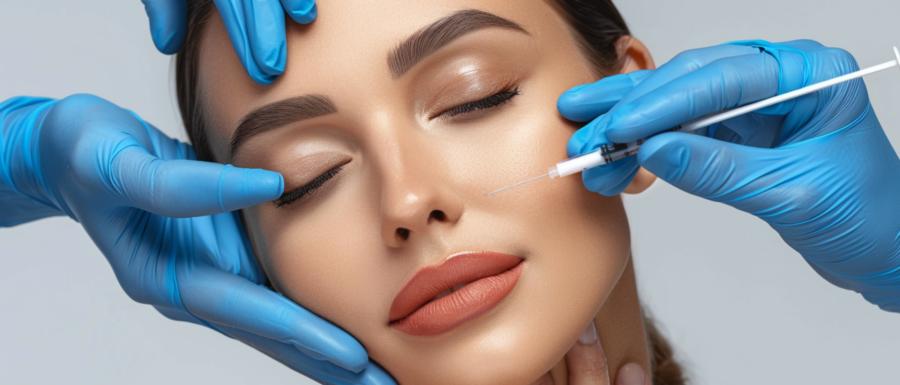What is Bruxism Anyway?
Imagine your jaw getting a workout while you’re supposed to be dreaming of beach vacations. Bruxism is the fancy term for teeth grinding, a condition that can happen during the day but is especially pesky at night. It’s like your teeth are rehearsing for a hard rock concert, but the only thing shredding is your enamel. While the causes of bruxism can vary from stress to misaligned teeth, the result is often the same: worn-down teeth, jaw pain, and interrupted sleep.Enter Botox: The Unlikely Hero
Botox, or botulinum toxin, has long been the go-to for freezing facial expressions, but it turns out this toxin has another trick up its sleeve. When injected into the masseter muscles (those big, burly muscles that let you chew), Botox can temporarily paralyze them. This paralysis helps reduce the force of jaw clenching, giving your teeth a much-needed break. Think of it as putting your jaw on a gentle “pause” mode without muting you entirely.How Does It Work?
The science behind Botox for bruxism is both fascinating and straightforward. By injecting Botox into specific muscles, the treatment weakens the overactive muscle activity responsible for grinding. Unlike a spa day, where relaxation is short-lived, Botox injections can offer relief for three to six months. During this time, the reduced muscle activity prevents the teeth from meeting with such vigor, giving both your jaw and your dental bills a break. It’s a bit like putting your muscles on a chill pill, minus the actual pills.The Benefits Beyond the Jaw
While the immediate benefit of Botox for bruxism is a reduction in teeth grinding, the ripple effects are worth noting. Improved sleep quality is a biggie. With less grinding, there’s a lower chance of waking up from the sound or sensation of your own jaw trying to crush your molars. Better sleep can lead to improved mood, reduced stress, and even better skin—because who doesn’t love a bonus glow-up?Moreover, reducing bruxism can also prevent future dental problems, such as tooth sensitivity, fractures, and even the need for crowns or implants. It’s like a preventative measure against turning your dentist into your best friend—or worst enemy, depending on how you view those chair-side visits.
Who Should Consider Botox for Bruxism?
Botox isn’t just for those who want to smooth out laugh lines; it can be a serious game-changer for people with moderate to severe bruxism. If you’ve tried night guards, stress management, and other conventional treatments without success, Botox might be the next step. It’s especially beneficial for those whose bruxism is causing significant discomfort or damage to their teeth. However, it’s crucial to consult with a healthcare professional to determine if Botox is a suitable option for you. Like all good things, it’s not one-size-fits-all—especially when needles are involved.What to Expect During Treatment
Getting Botox for bruxism isn’t a drawn-out ordeal. The procedure is quick and relatively painless, often taking no more than 15 to 30 minutes. A small amount of Botox is injected into the masseter muscles, and within a few days to a week, patients typically notice a reduction in jaw tension and grinding. The best part? There’s minimal downtime. You can get your injections and then head straight out to whatever activities you had planned—just maybe avoid the steakhouse until the Botox has fully set in.Potential Side Effects and Considerations
As with any medical treatment, Botox does come with potential side effects. While generally well-tolerated, some people might experience mild bruising, tenderness, or temporary weakness in the jaw muscles. More serious side effects are rare but can include difficulty chewing or changes in facial expressions. It’s important to have the procedure done by a qualified professional to minimize risks. After all, the goal is to reduce bruxism, not to end up chewing like a cow on grass—or worse, not at all.Wrapping Up
In the quest for a peaceful night’s sleep, Botox offers a promising solution for those battling nighttime teeth grinding. By targeting the source of the problem—overactive jaw muscles—it helps alleviate the symptoms of bruxism, potentially leading to better sleep quality and overall well-being. It’s an unconventional use of a well-known treatment, proving that sometimes the solutions to our problems come from unexpected places. Whether you’re tired of waking up with a sore jaw or just looking to protect your pearly whites, Botox might just be the ticket to a silent night and a well-rested morning. So, here’s to waking up refreshed and ready to face the day—no more grinding required.Article kindly provided by dermavereaesthetics.com

